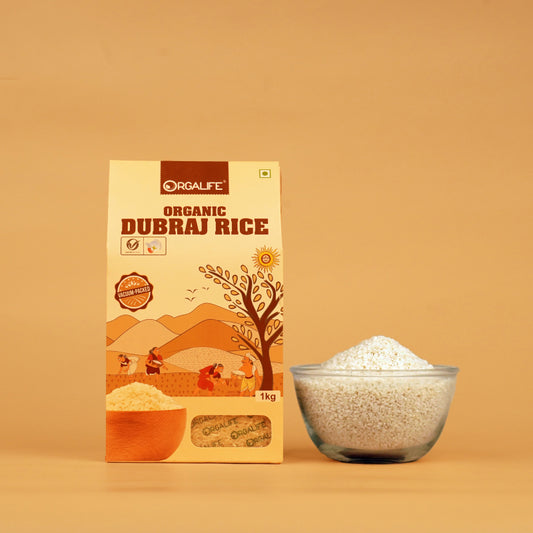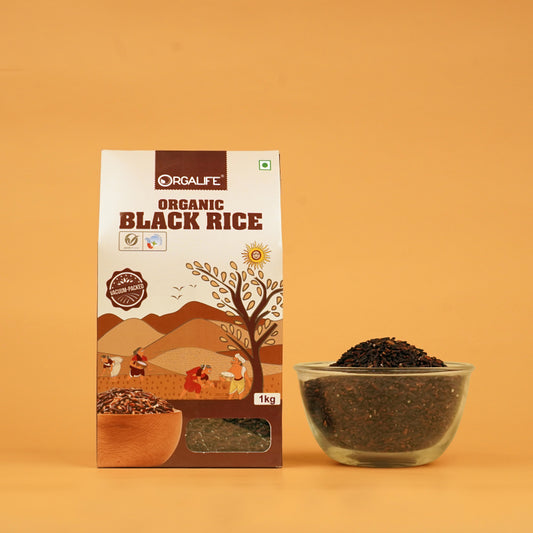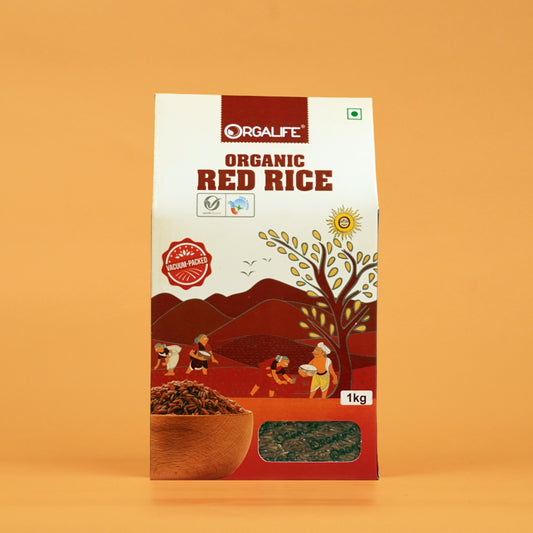
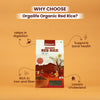



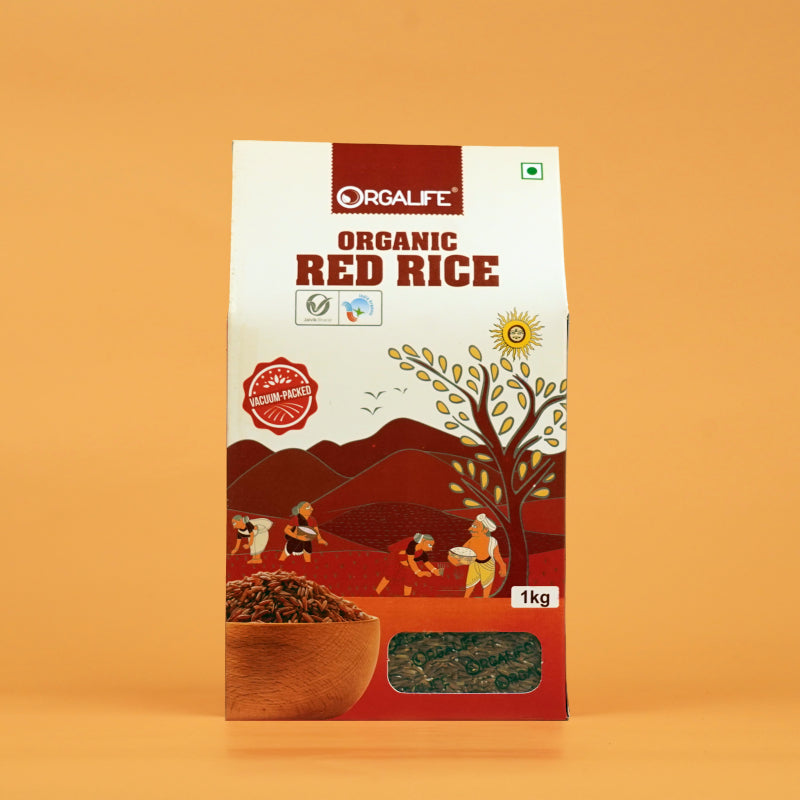
Organic Red Rice 1kg
Rs. 160.00

Non Gmo

No Artificial

No Chemical

No preservative

No Additives
Description
Bring home the natural health benefits of Organic Red Rice, a nutrient-rich whole grain with a distinct earthy flavor and high fiber content. Popular varieties like Rajamudi Red Rice, 24 Mantra Organic Red Rice, and Organic Tattva Red Rice are packed with essential minerals and antioxidants, making them an ideal choice for a healthy lifestyle. Available in convenient packs, including Red Rice 1 Kg, this wholesome grain is perfect for daily cooking and traditional recipes.
Ingredients
Usage Info
Benefits
Certifications






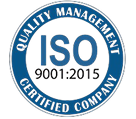


TESTIMONIAL
FAQS
1 What makes red rice healthier than white rice?
2 How does it taste compared to other rice?
3 Can Red Rice help with weight management?

You might also like





